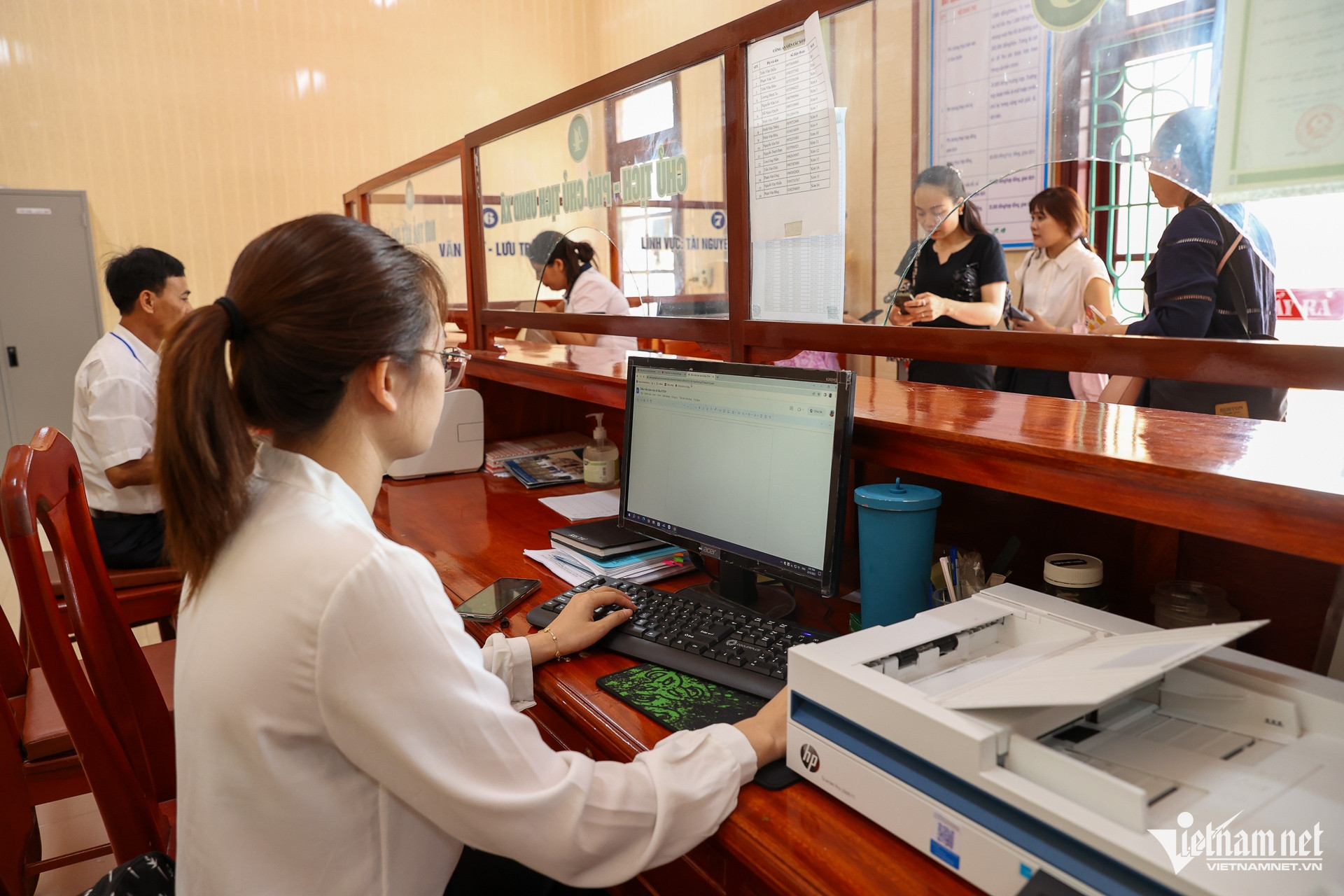After more than a decade of working in mountainous, border, and socio-economically disadvantaged areas, 55 young intellectuals under the Government's "Project 500" still have not been granted civil servant status as promised. They now face the risk of being excluded from the system entirely.

This concern was raised in an open letter addressed to General Secretary To Lam by 55 members of the pilot program for recruiting young intellectual volunteers to support rural and mountainous communes (Project 500), covering the 2013–2020 period. These members are currently based in provinces including Bac Giang, Hoa Binh, Thanh Hoa, Ha Tinh, and Quang Binh.
According to the letter, despite over 10 years of service in some of the country’s most challenging localities, several members still work under fixed-term labor contracts. With local authorities streamlining their administrative apparatus, these individuals face the threat of dismissal if not formally appointed before their contracts end on December 30 this year.
Under Decision 1758, the government stipulated that upon completing five years of service, Project 500 members would be considered for transition into commune-level or higher-level civil service roles.
Although the original plan concluded in 2020, many provinces had yet to finalize job placements. As a result, Resolution 136 extended the program’s timeline to 2025. Accompanying this, Document 6732 directed provincial People’s Committees to develop and implement plans to recruit Project 500 members into official roles, with a deadline of December 31, 2025.
Despite these mandates, 55 members across 16 provinces and cities remain unappointed and at risk.
The signatories of the letter are now calling for concrete policies and solutions to ensure their continued employment within the system.
On April 24, the Central Office forwarded the letter to the Ministry of Home Affairs. In response, the ministry acknowledged the issue and stated that it had already issued directives and is exploring possible solutions for transitioning these contracted individuals into the civil service.
The ministry also sent formal requests to provincial authorities, urging them to assess and address the concerns raised by Project 500 members. Localities were instructed to propose appropriate recruitment and placement strategies.
Quang Binh urged to submit proposals by May 30

Among the 55 unplaced members, Quang Binh Province accounts for 11 - the highest number along with one other locality.
Following the ministry’s directive, Quang Binh's Department of Home Affairs requested guidance on two key issues. First, whether Project 500 members can continue their contracts in newly merged communes after administrative restructuring until the December 31, 2025 deadline. Second, with the surplus of public employees resulting from the merger, and limited staffing quotas, whether compensation policies under Decree 178 (and its amendment, Decree 67) could apply to the project’s members.
To resolve this situation, on May 16, the Ministry of Home Affairs sent another directive to the 16 provinces that have not completed placement and recruitment processes. The ministry asked them to detail existing challenges and explain why implementation had stalled.
Provinces were also required to submit their recommendations and proposals to the Government and Prime Minister regarding staffing solutions post-restructuring. A final report is due by May 30.
As of now, the 55 members from 16 provinces still await a final decision from local governments and the Ministry of Home Affairs regarding their professional future.
Speaking with VietNamNet, Ms. Dinh Thi To Quyen - a Project 500 member currently working at the People’s Committee of Quy Dat town in Minh Hoa District, Quang Binh - expressed both relief and concern after learning that their letter had reached the appropriate authorities.
“I was very encouraged to know that the Party and the Government recognize our contributions and are seeking a solution,” she said. “But at the same time, I worry - my contract is ending soon, and the ongoing merger of administrative units has resulted in a large number of surplus public employees, making it harder for us to be placed due to a lack of vacancies.”
“I hope the Ministry of Home Affairs and the Government will introduce a special policy to allow localities to appoint the remaining Project 500 members through an exceptional recruitment process - and do so before the new two-tier local government model is fully implemented.
“I understand that under the draft revised Law on Cadres and Civil Servants, future civil servants will be assigned based on job position, not lifetime tenure, and evaluations will be based on performance. That makes this the right time to arrange placements for Project 500 members.
“This gives us the chance to compete fairly. Those with ability will be retained, and those who are not suitable will be let go. That’s what I, and my fellow Project 500 members, truly hope for.”
Nguyen Thao